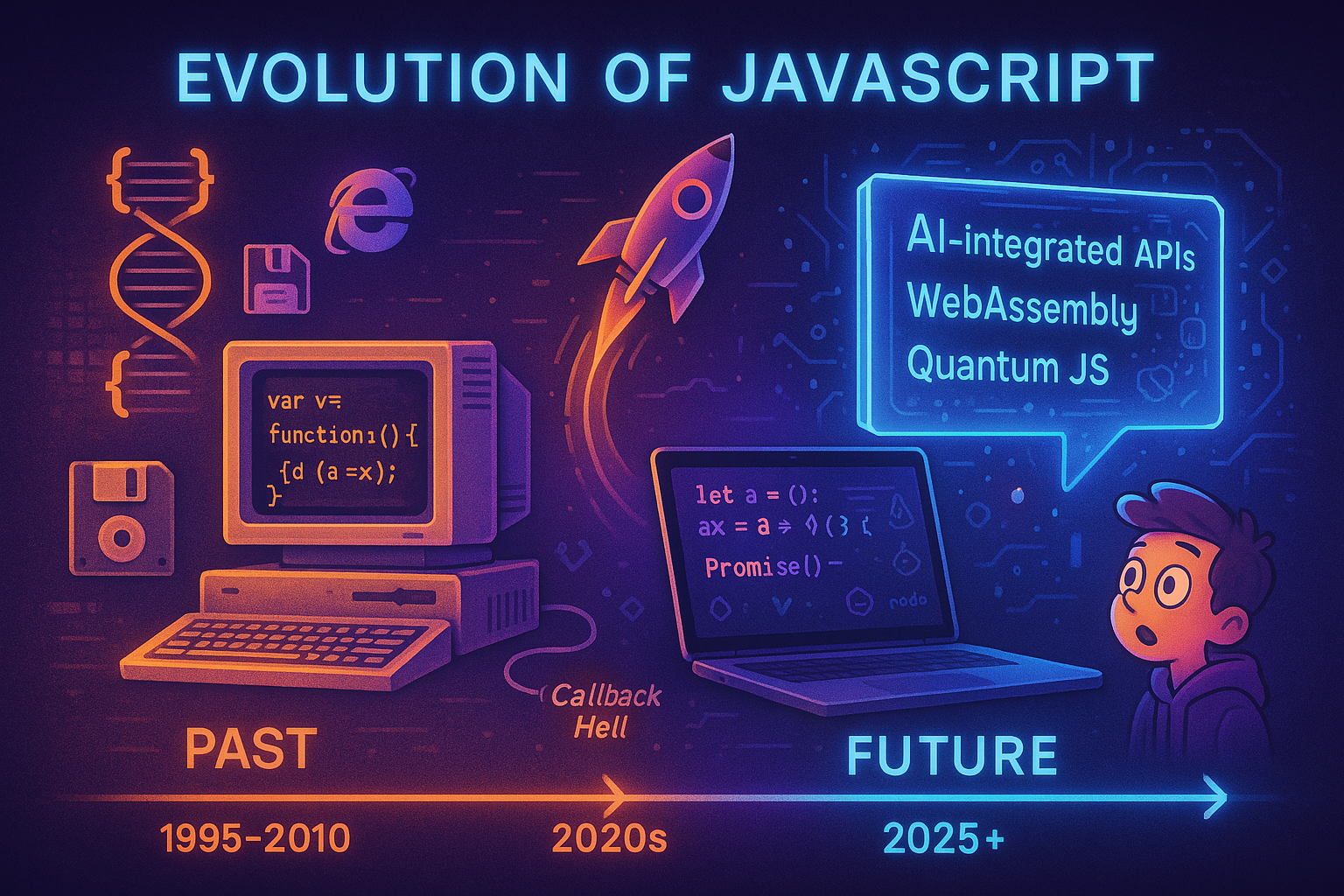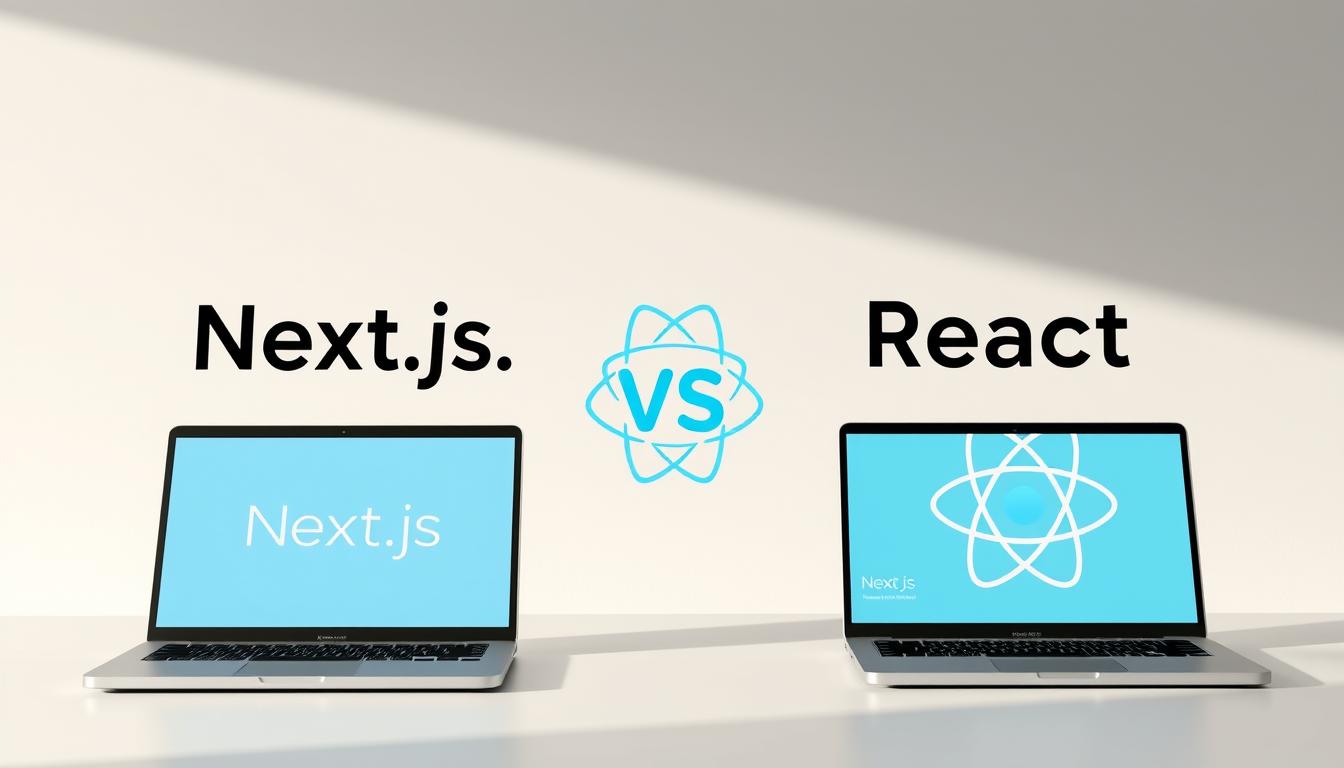🚀 Familiar with JavaScript already? And check out Advanced JavaScript Concepts You Should Know.
What is JavaScript?
JavaScript is the dynamic, high-level, untyped and interpreted programming language. It’s been around since the mid-90s, and today it’s one of the key technologies of the web, alongside HTML and CSS. It is supported by all the major browsers and can be used for frontend and backend development (thanks to environments like Node. js).
What is TypeScript?
TypeScript is a JavaScript superset created by Microsoft. It includes optional static typing, interfaces, and other powerful features. The compiled TypeScript code becomes regular JavaScript, which allows it to execute in any JS environment.
JavaScript vs Typescript: Key Differences
Let’s dive into some of the key differences:
- Static vs. Dynamic Typing
JavaScript is dynamically typed variable types are checked at runtime
TypeScript is static typed — during the compile time the types of variables are check, and thus, reducing bugs.
// TypeScript
let age: number = 25;
age = "twenty"; // ❌ Error- Type Annotations
We don’t have the luxury of specifying types in JavaScript.
TypeScript allows for an explicit declaration of types, increasing readability and ensuring maintainability.
function greet(name: string): string {
return Hello, ${name};
}- Interfaces and Types
You can define object shapes using interfaces or types in TypeScript.
interface User {
username: string;
age: number;
}It has the advantages of enabling a structural approach to errors checking from the beginning.
- Decorators and Metadata
Decorator is also supported in TypeScript which is used to annotate and modify classes and members.
They are particularly handy in frameworks like Angular to describe meta data for components and services.
@Component({
selector: 'app-root',
templateUrl: '. /app. component. html'
})
export class AppComponent {}- Generics
Generics offer the ability to develop reusable components.
Generics in TypeScript allow creating components that work with a variety of types rather than a single one.
function identity(arg: T): T {
return arg;
}
const result: string = identity("Hello");This is particularly great for writing resilient APIs and libraries.
- Improved Support for Modern JavaScript Features
TypeScript is supports modern ES6+ constructs and can compile them down for older browsers.
It also has support for experimental features like decorators, which are used heavily in frameworks like Angular.
- The Level 6, Version 0: ES6+ support and compatibility
All the ES6+ features like arrow functions, destructuring, async/await are supported in TypeScript.
It does this by compiling down to JavaScript they can run, thus ensuring backwards compatibility for older browsers.
- Compilation and Tooling
JavaScript is executed by the browser itself.
You have to compile TypeScript using tsc to get the JavaScript.
TypeScript has richer editor support (IntelliSense, auto-complete, inline documentation)
Common Questions Answered
Does TypeScript beat JavaScript?
It allows flexibility based on your project’s size and complexity. JavaScript is easier to dive into, but TypeScript shines in large applications due to error checking and structure.
Does TypeScript take over JavaScript?
No, TypeScript is compiled to JavaScript. Approach it as a build-assistant as opposed to a replacement.
Frontend or Backend: Is TypeScript a frontend or a backend language?
Both! TypeScript can be utilized on both sides: the frontend (React, Angular, Vue), and the backend (Node. js, Express).
React with JavaScript or TypeScript: Which To Learn?
If you are a newbie, start with JavaScript. But once you have that down, switching to TypeScript is significantly simpler and actually great for long-term use projects.
Final Thoughts
Whether to use JavaScript or TypeScript depends on the objectives. If you’re throwing together a fast prototype or learning to code, JavaScript is great. Hence, if you are a building a scalable application or working in a larger team, type script makes your life easier and generates a better experience in terms of safety and clarity.
No matter which you choose, just remember the important part: keep building!
Want to dive deeper?
Important JavaScript Concepts You Need to Know as a Beginner
Advanced JavaScript Concepts You Should Know
Keep watching for more dev tips, tutorials, and comparisons!





Leave a Reply